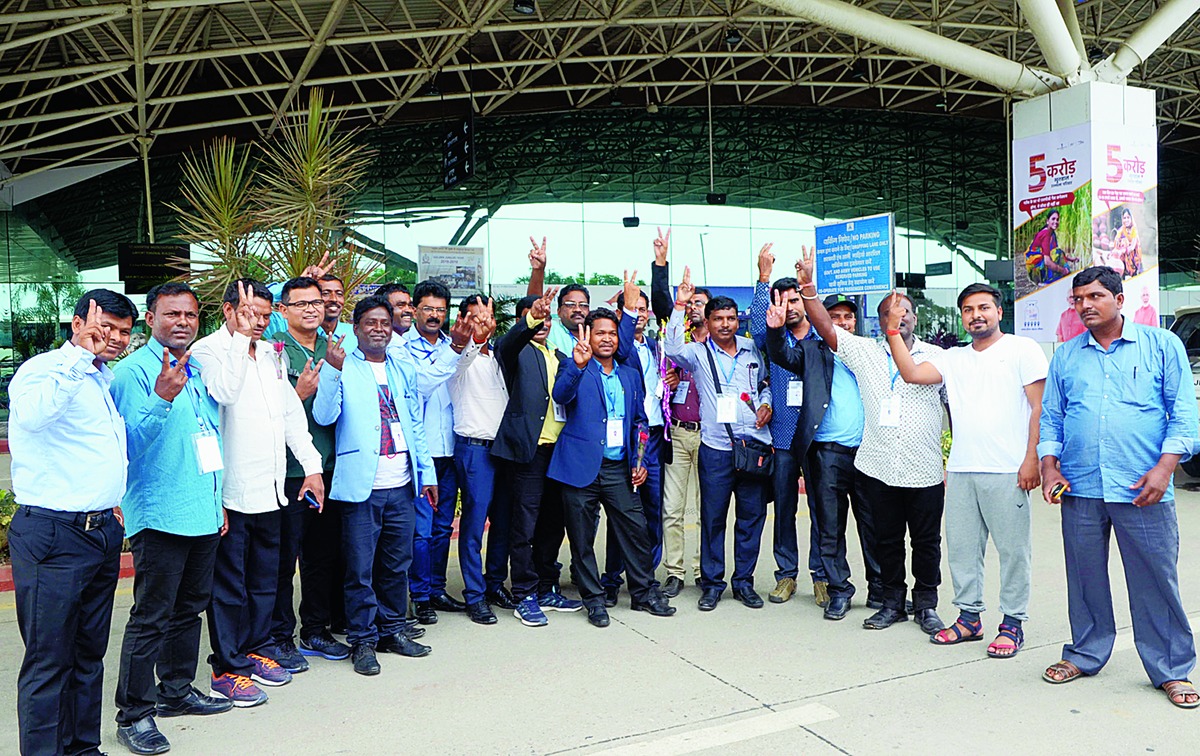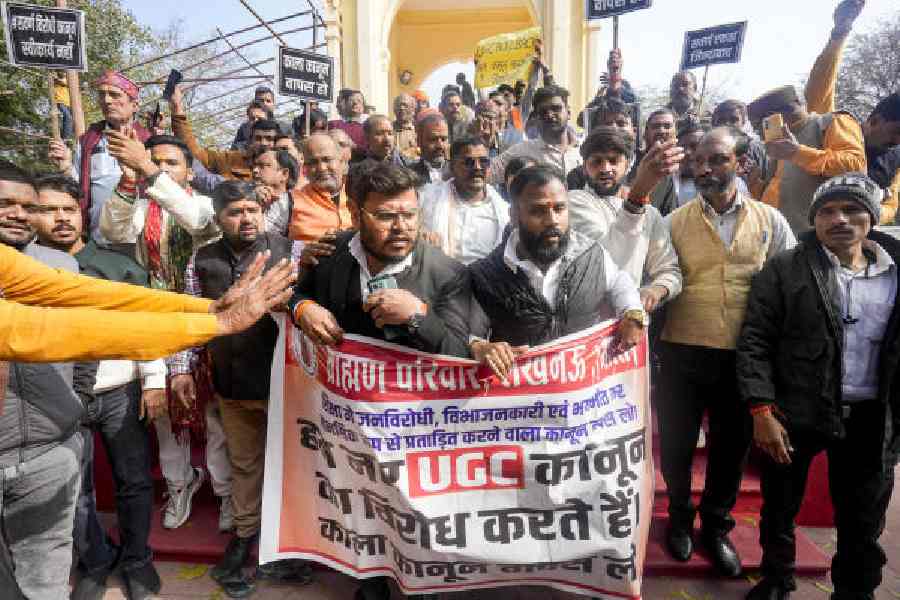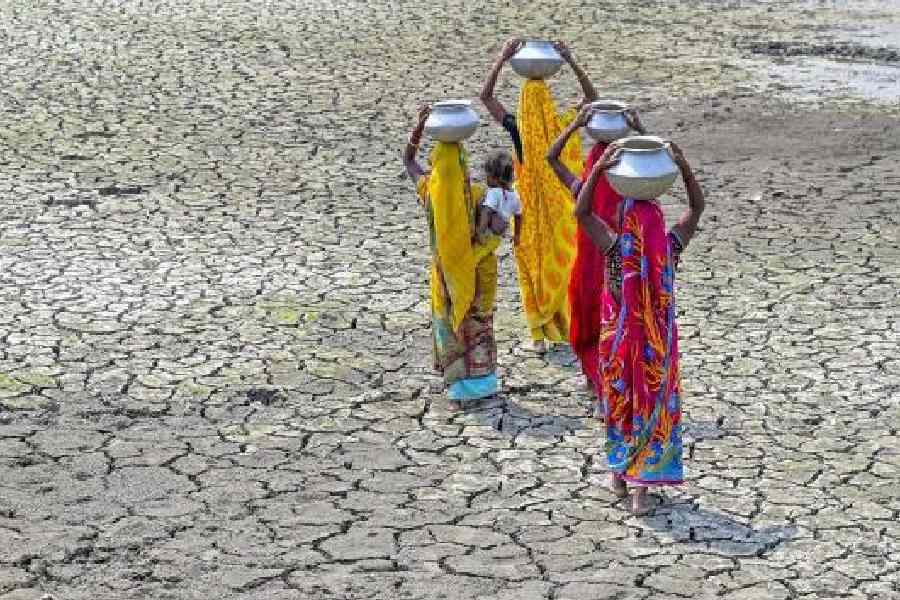
Jamshedpur: Selected farmers from Jharkhand, who on Friday returned from a four-day exposure trip to Israel to learn modern agricultural techniques, are confident that technology replication would lead to a manifold increase in their income.
The 26 farmers said they had picked up new farming techniques from the country, which is geographically smaller than Jharkhand and where only 20 per cent land is arable.
"The huge network of drip irrigation and sprinkler system and reuse of waste water in a country where there is sparse rainfall are the things that impressed us most. The strong cooperative culture among farmers reduces tension of market linkage and product prices and emphasises on organic fertilisers. If the techniques are replicated in Jharkhand, income can increased three-fold," said Srimanta Kumar Mishra (38), who grows vegetables and paddy besides having a poultry business in his 18-acre land at Rakhdih village in Patamda block of East Singhbhum.
Currently, he earns around Rs 10 lakh annually through farming.
The treatment of salty ocean water and its joining the national water carrier through a network of pumping stations, reservoirs, canals and pipelines earned praise from Ranchi farmer Shyam Sunder Bedia..
"The technology used to treat ocean water for drinking and sewage for agriculture was simply unbelievable. This apart, there were large stretches, at times running into kilometers of temperature and moisture-controlled polyhouses and greenhouses. The organised cooperative structures of Kibbutz and Moshav communities were an eye-opener for us," said Bedia (25), who grows vegetables and flowers, in a 13-acre plot at Sikidiri in Angada block of Ranchi and earns 7 lakh annually.
Kibbutz is a collective community in which the means of production are collectively owned and each member's work benefits all.
Moshav is a farming village where each family maintains its own household and works on its own land.
Protective cultivation and pre-decided crop growth calendar also impressed the farmers.
"The protective cultivation of germinated seedlings and a precise mixture of soil and vermicompost lead to savings on fertiliser costs. The seedlings so produced are of high quality and disease-free. In Israel, they have an annual calendar mentioning which crop will be grown at what time of the year and the rates are predecided," Raj Kishore Mahto (37) from Lohardaga said.
State agriculture department joint director Subhash Singh said the farmers who had benefited from the four-day tour would be asked to train other farmers in their districts about the best practices.
"The extensive use of renewable solar energy in agriculture and other best practices can increase the income of farmers. All the district agriculture officers have been asked to arrange a training session where the farmers who have returned from Israel will share their experience," Singh said.










